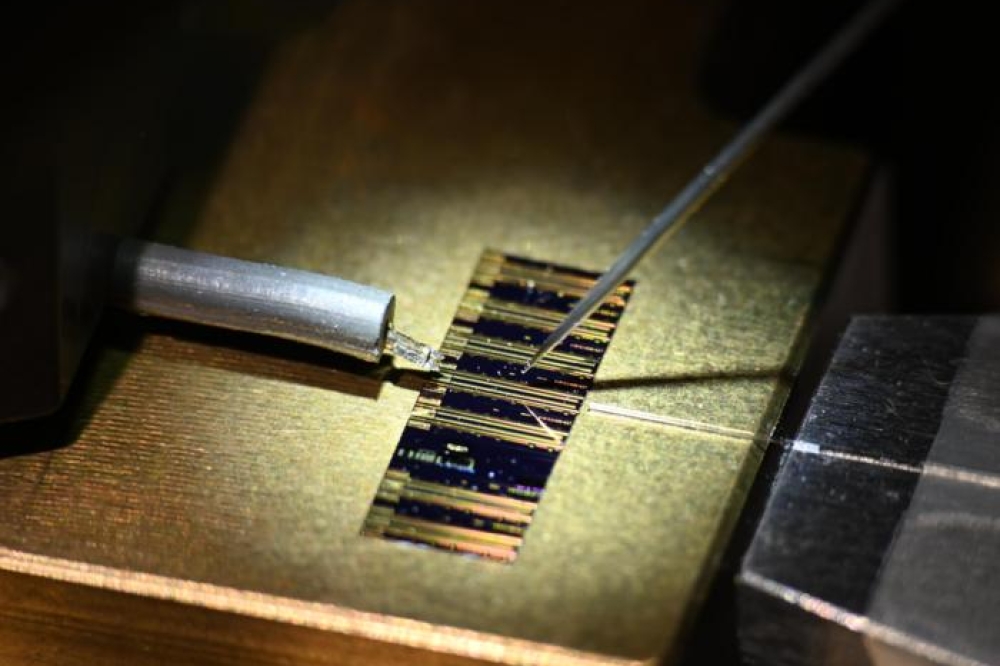News Article
Trio and partners to research arsenic use in solar panels
The company will develop environmental improvements to capture arsenic from its ore bodies that can be used in the development of gallium arsenide (GaAs)
Trio Resources has joined a consortium that is researching ways to take arsenic, a waste product commonly found in mines across Canada, and use it in the production of solar panels.
Trio will work with scientists in Europe and North America to develop a replacement for the silicon in photovoltaic cells with GaAs.
The company will contribute to the consortium by developing environmental improvements to capture arsenic from its ore bodies that can be used in the development of the GaAs.
Shortcomings in silicon-based technologies have prompted researchers to study alternative semiconductors that could provide faster and lower power devices.
GaAs offers a series of advantages over current technology, including requiring less voltage to enter saturation, providing better photo response and electron mobility and generating a wider operating temperature.
Duncan Reid, CEO of Trio Resources, Inc., comments, "We are excited to be a part of this innovative project, which seeks to take arsenic, a potentially hazardous material commonly found in tailings ponds, and develop it into a useful product that could contribute to the proliferation of clean energy."
"Our decision to join the consortium reflects our commitment to finding innovative ways to monetize our Duncan-Kerr Property. We look forward to providing updates as this exciting research unfolds while continuing to seek new ways to maximise shareholder value."
Trio will work with scientists in Europe and North America to develop a replacement for the silicon in photovoltaic cells with GaAs.
The company will contribute to the consortium by developing environmental improvements to capture arsenic from its ore bodies that can be used in the development of the GaAs.
Shortcomings in silicon-based technologies have prompted researchers to study alternative semiconductors that could provide faster and lower power devices.
GaAs offers a series of advantages over current technology, including requiring less voltage to enter saturation, providing better photo response and electron mobility and generating a wider operating temperature.
Duncan Reid, CEO of Trio Resources, Inc., comments, "We are excited to be a part of this innovative project, which seeks to take arsenic, a potentially hazardous material commonly found in tailings ponds, and develop it into a useful product that could contribute to the proliferation of clean energy."
"Our decision to join the consortium reflects our commitment to finding innovative ways to monetize our Duncan-Kerr Property. We look forward to providing updates as this exciting research unfolds while continuing to seek new ways to maximise shareholder value."































